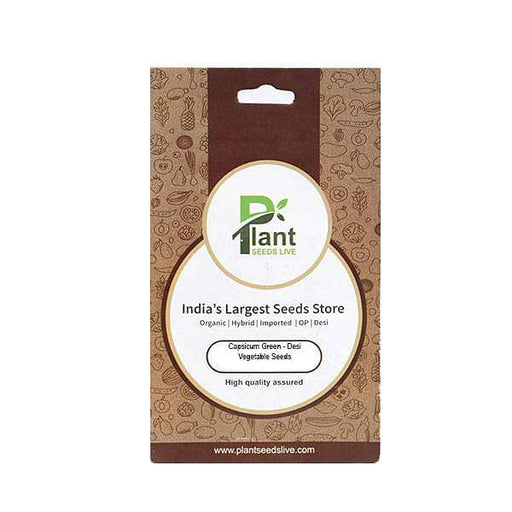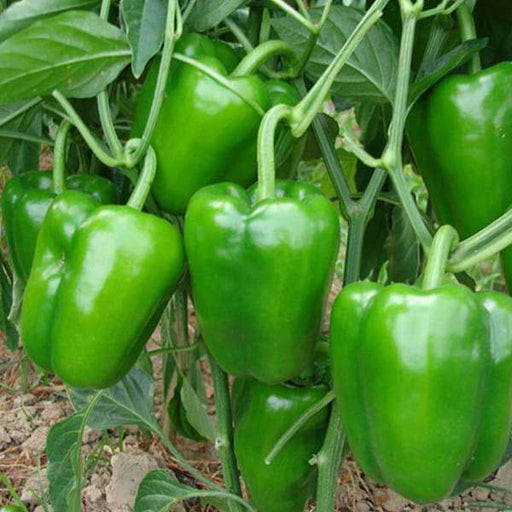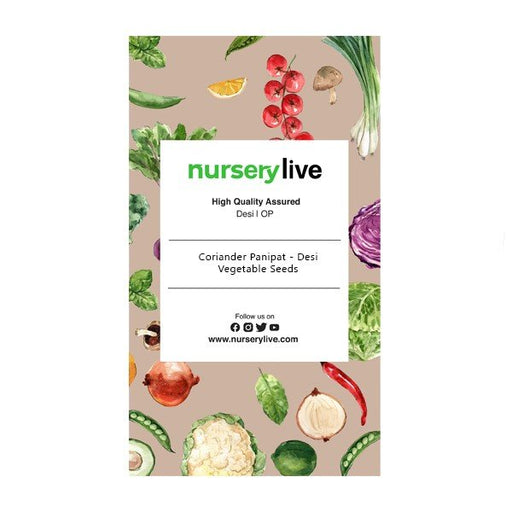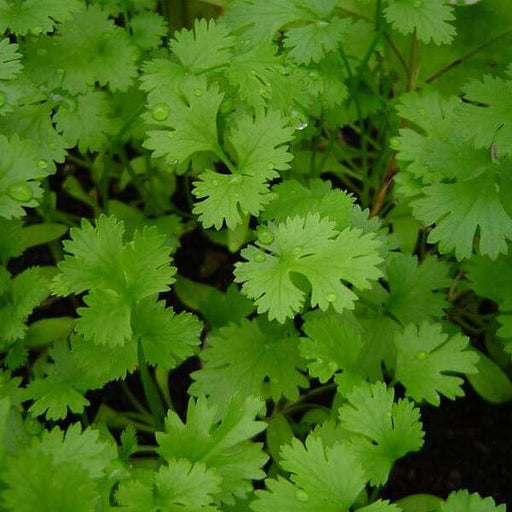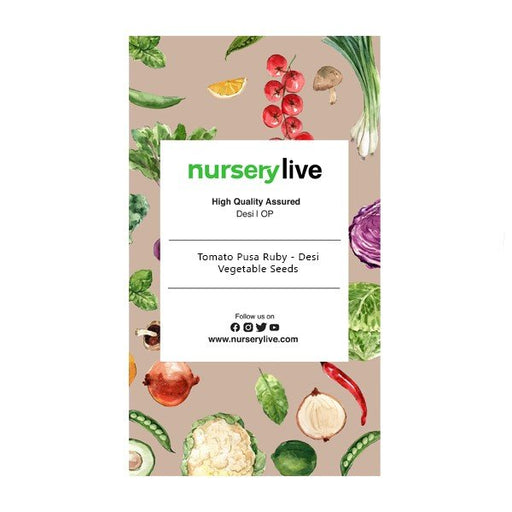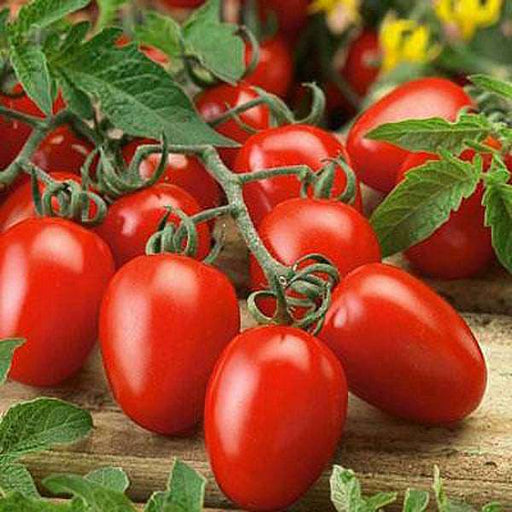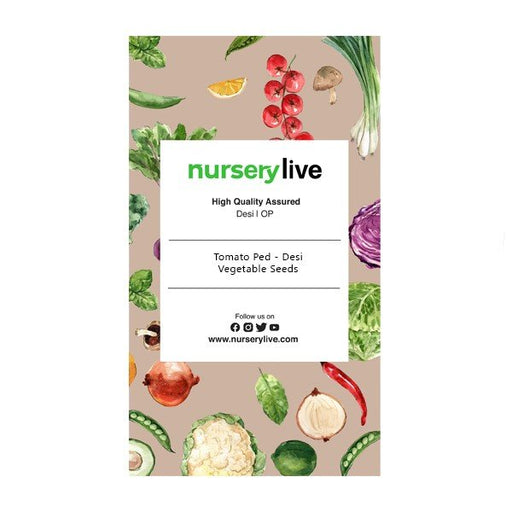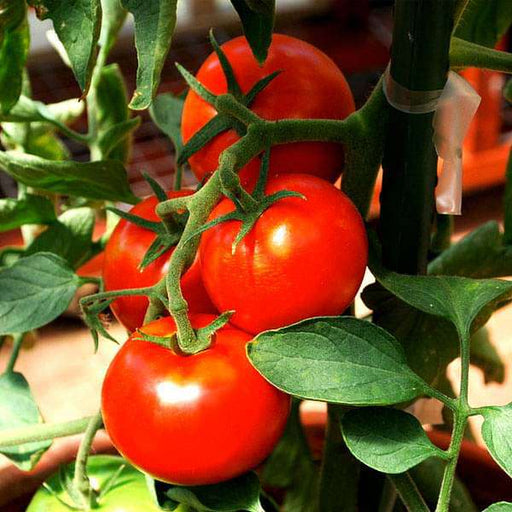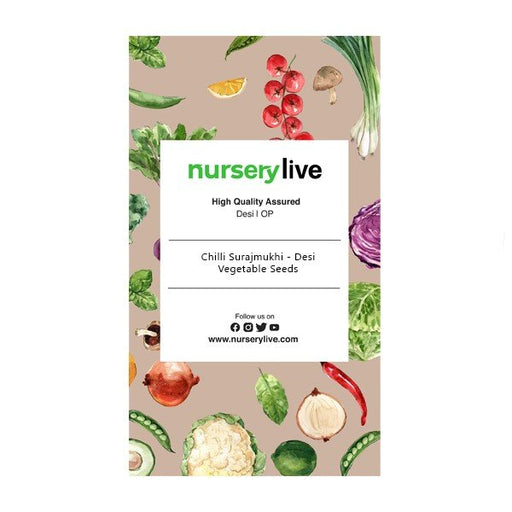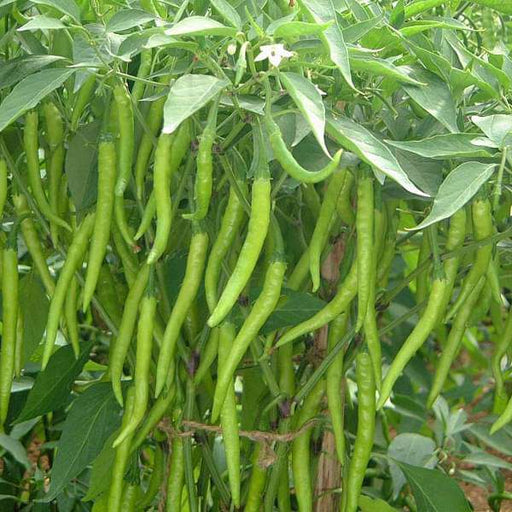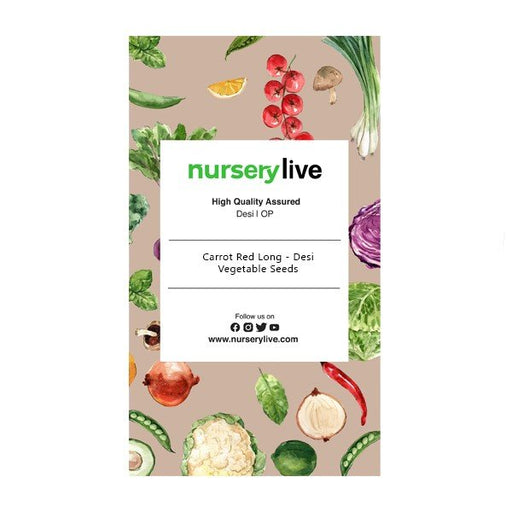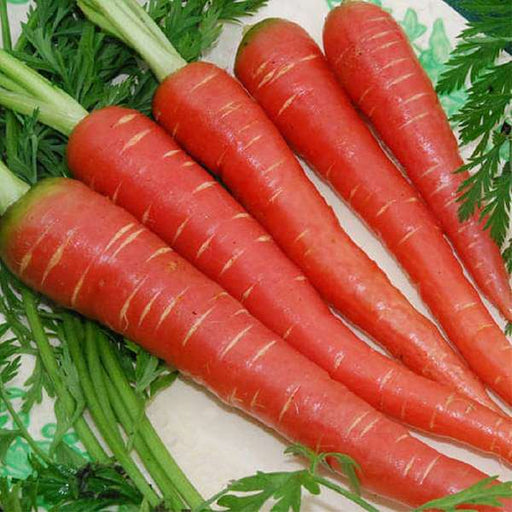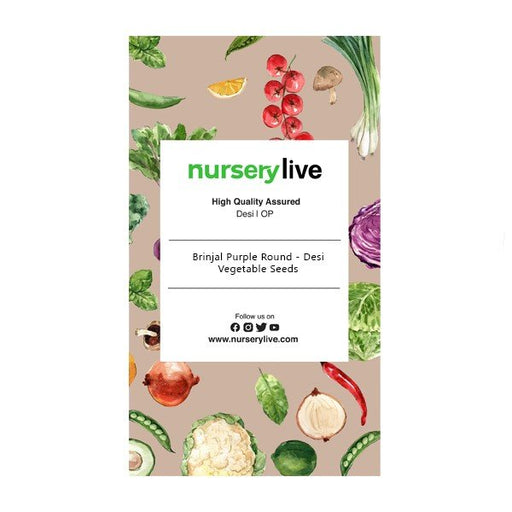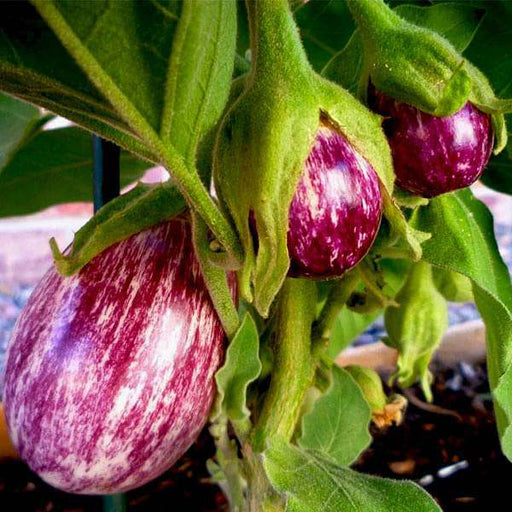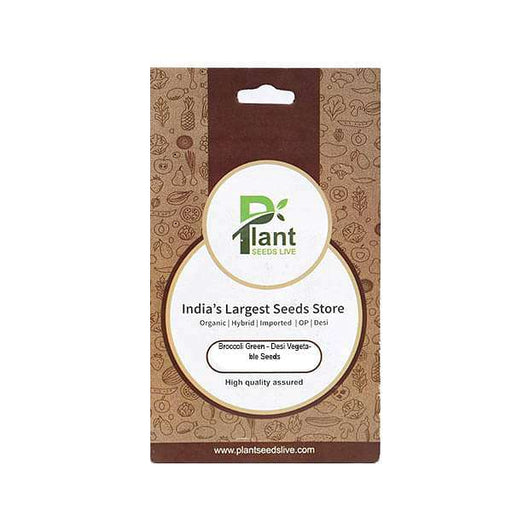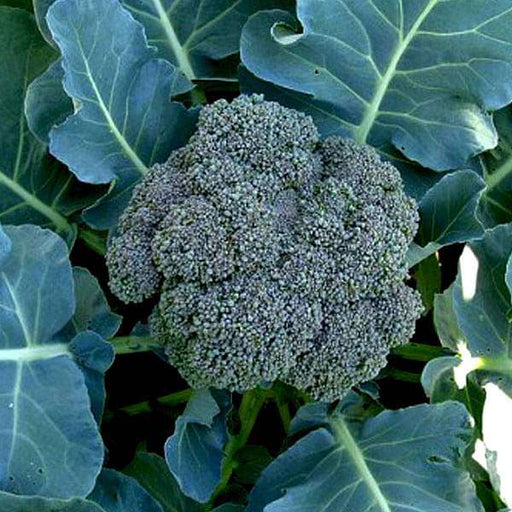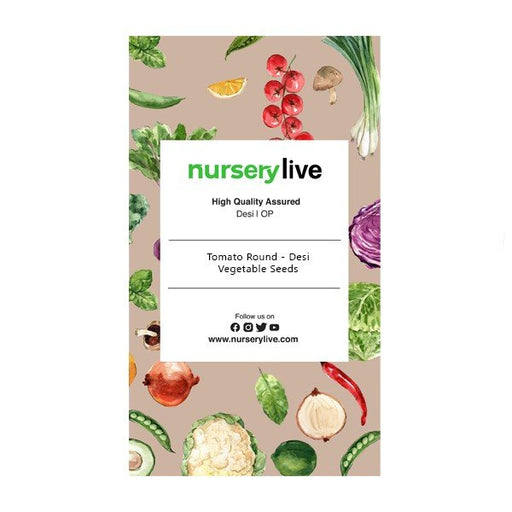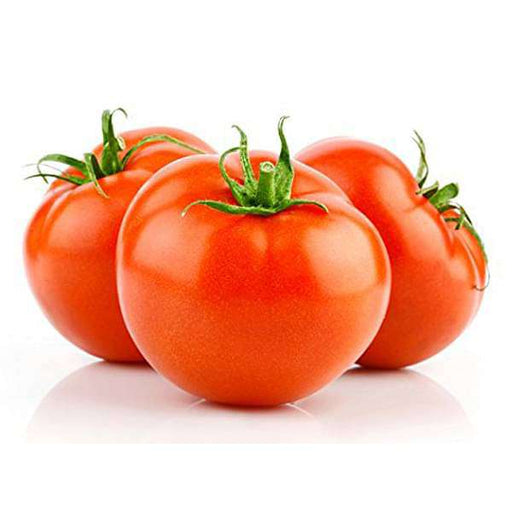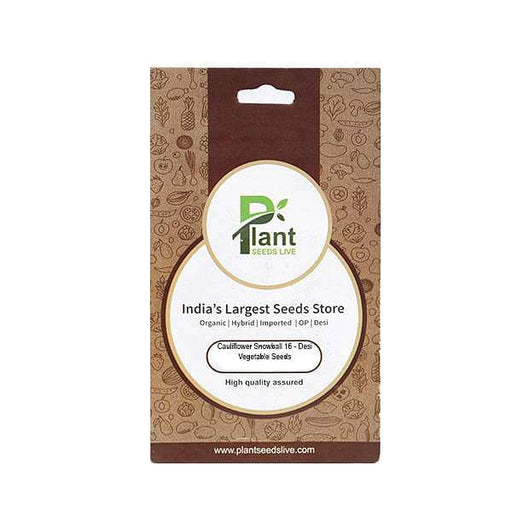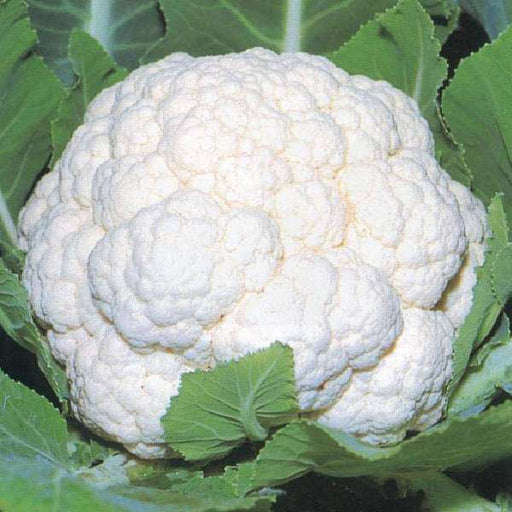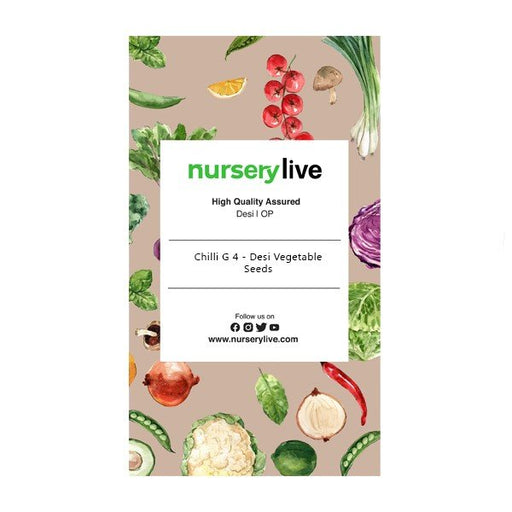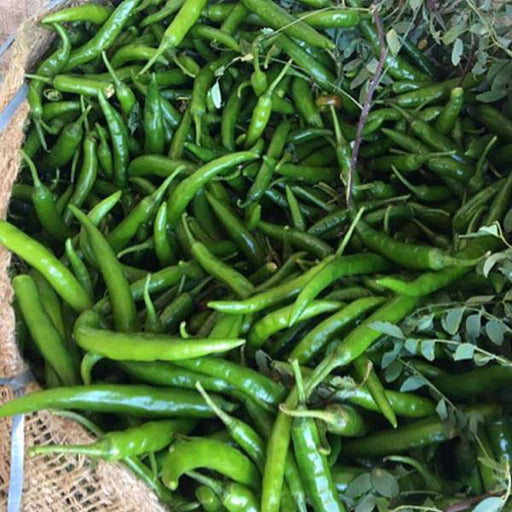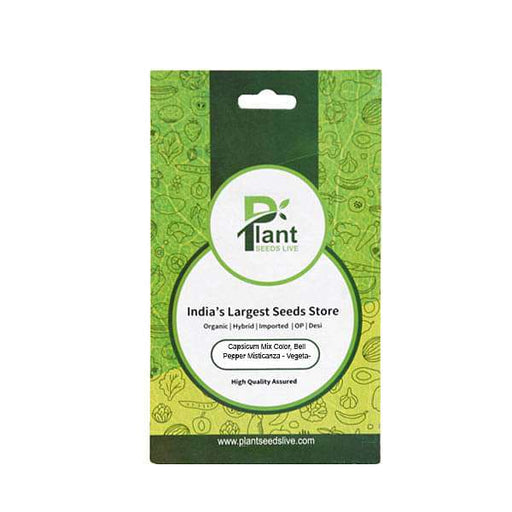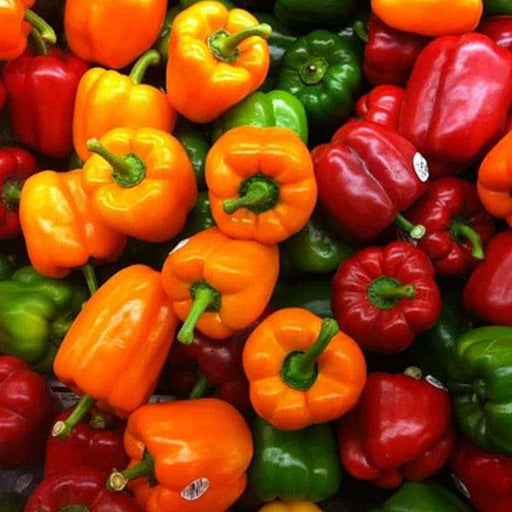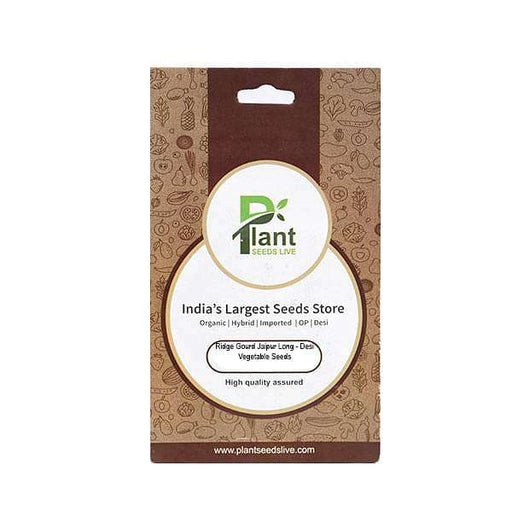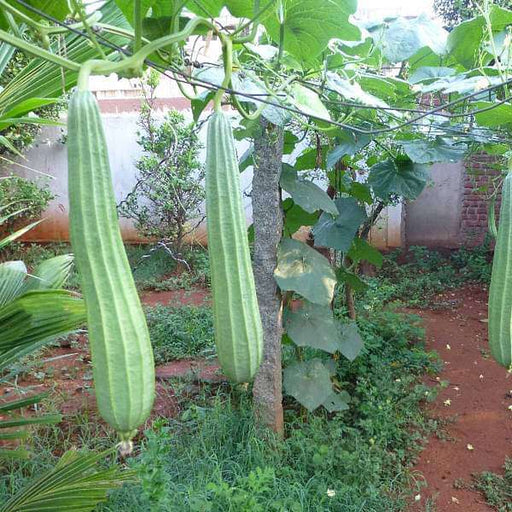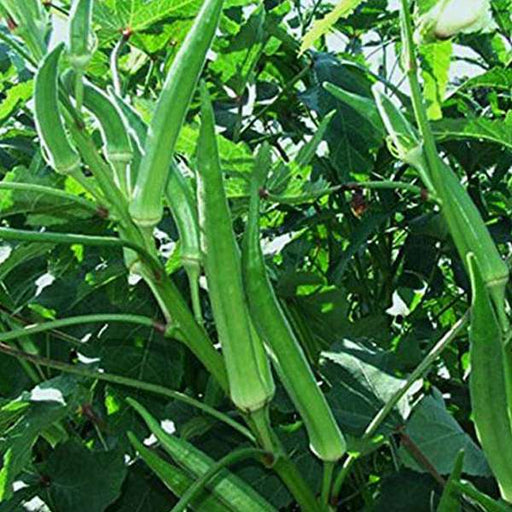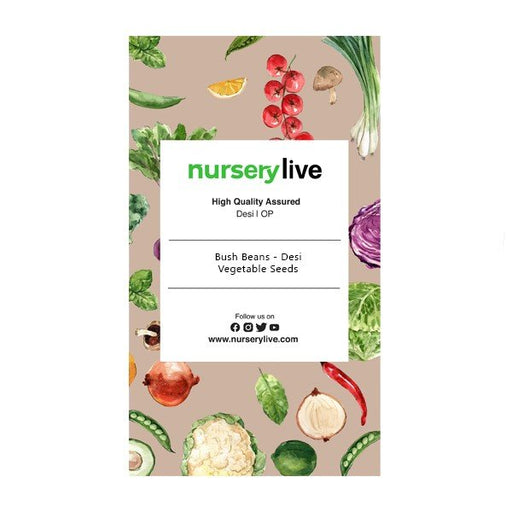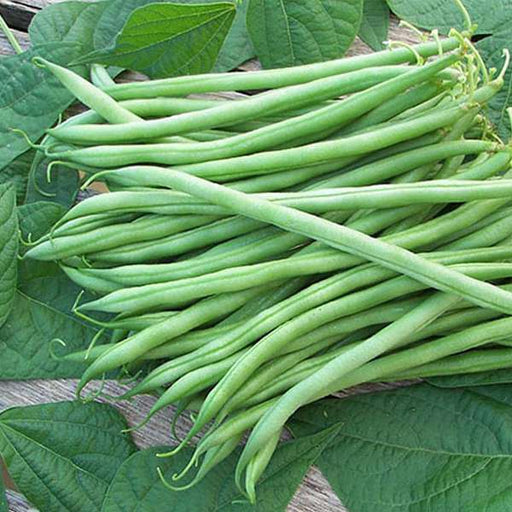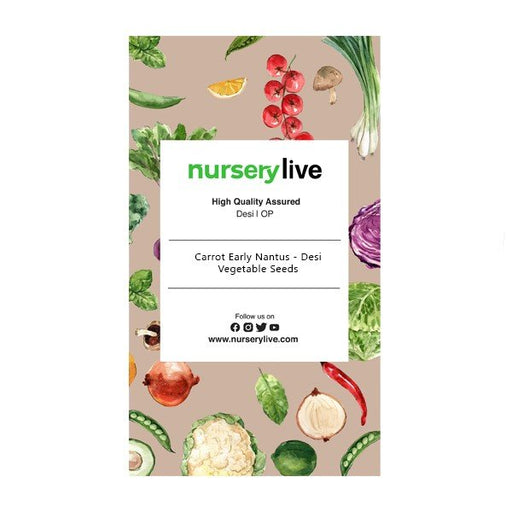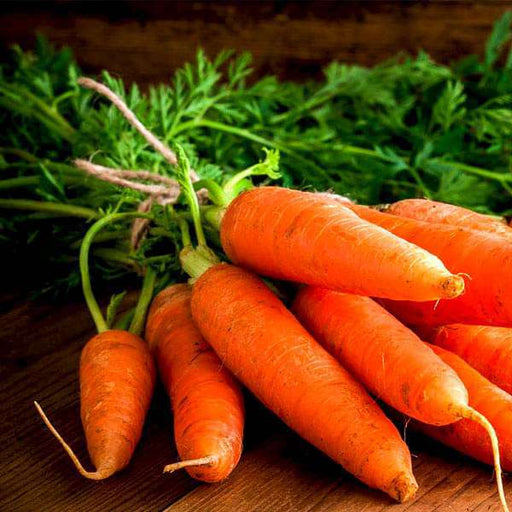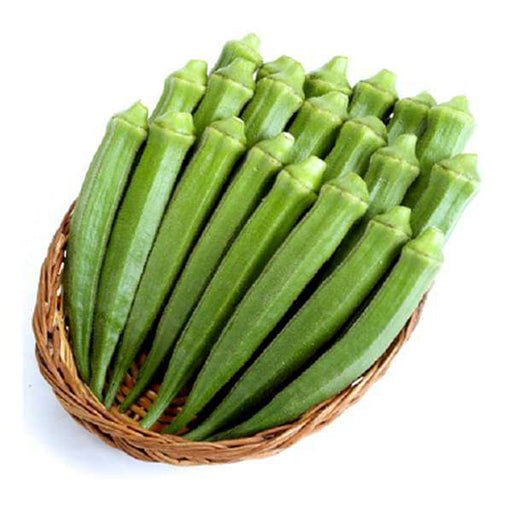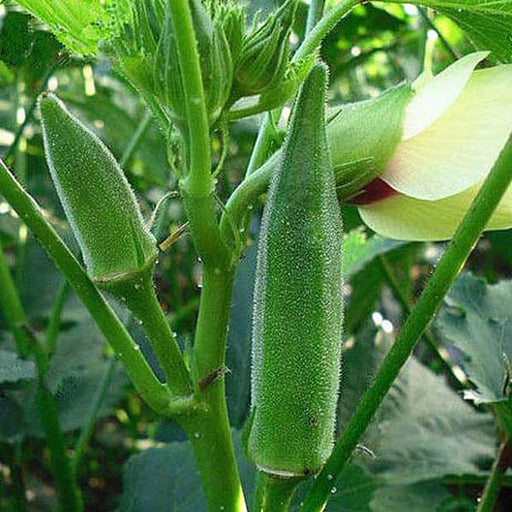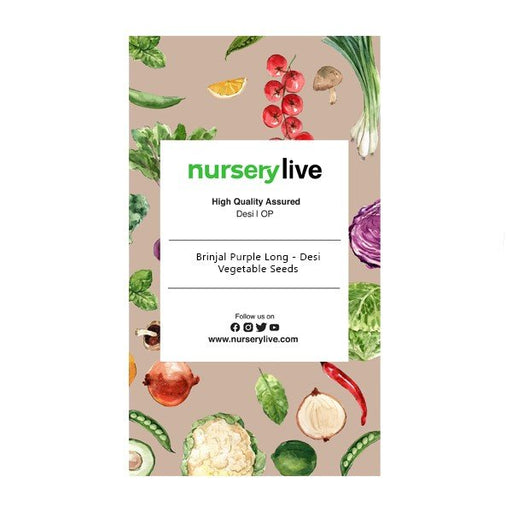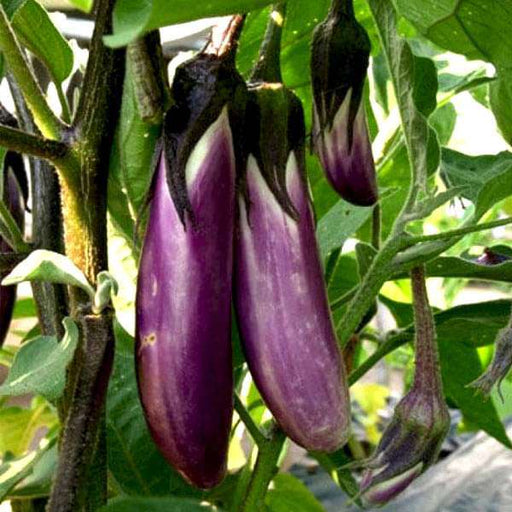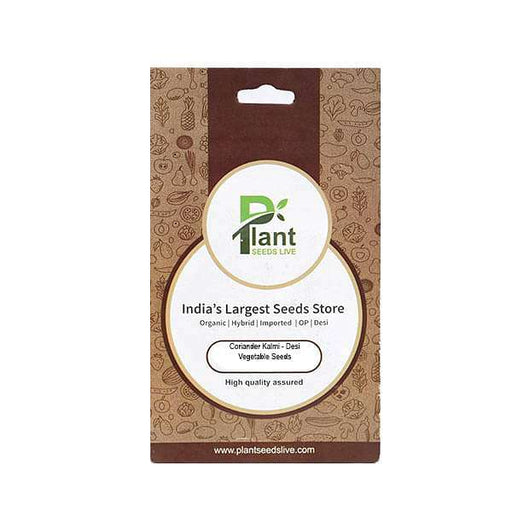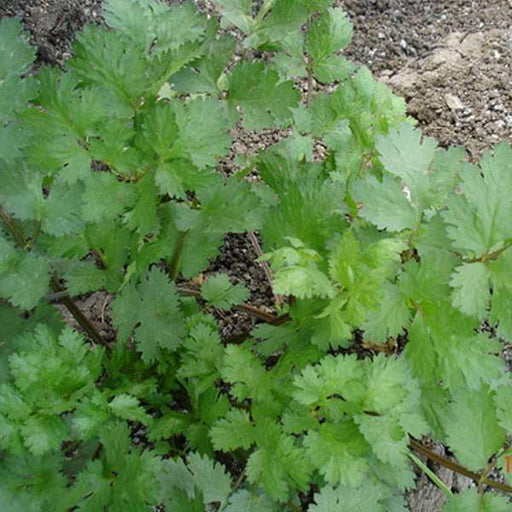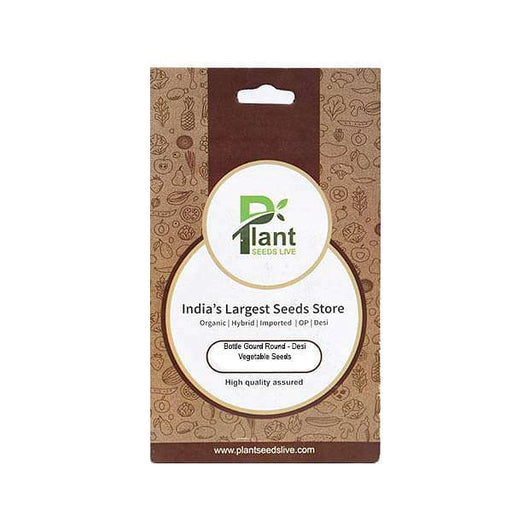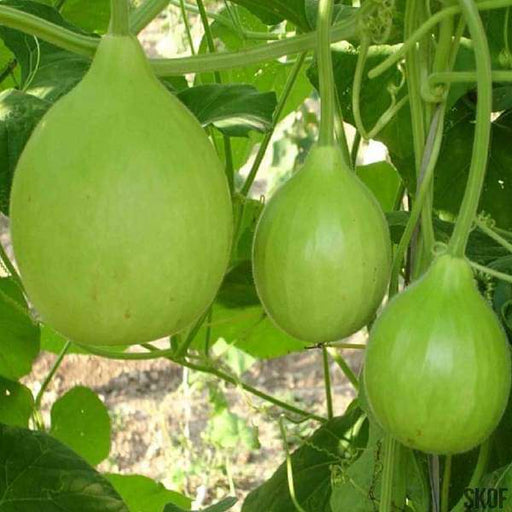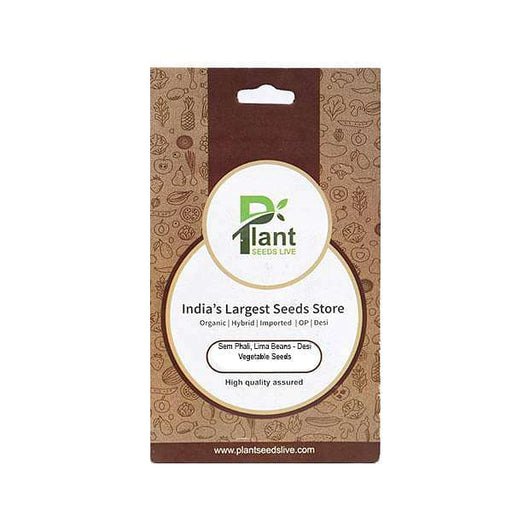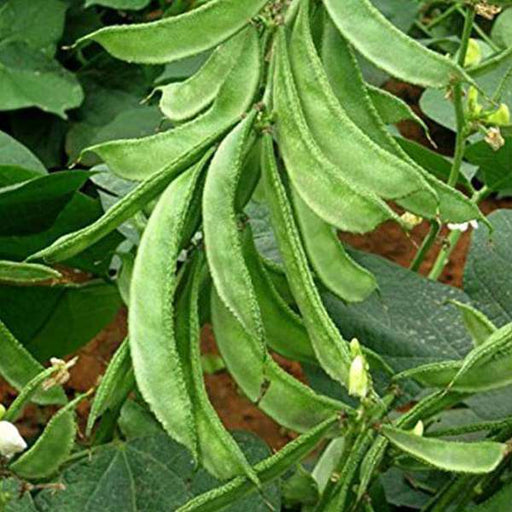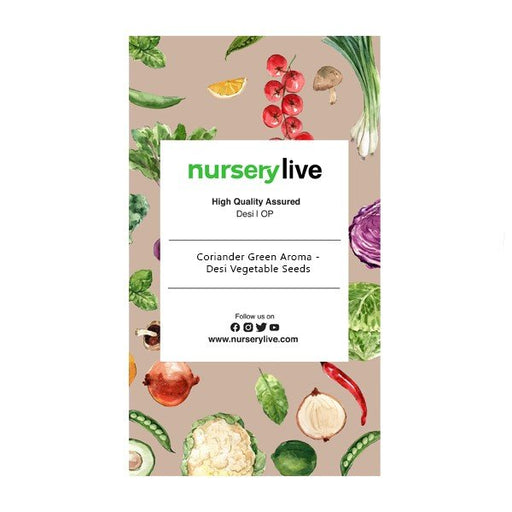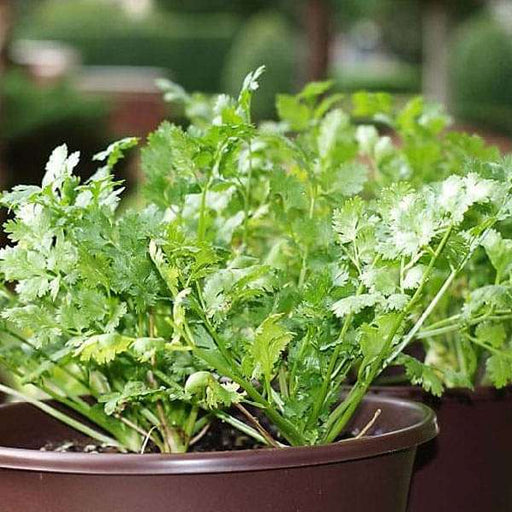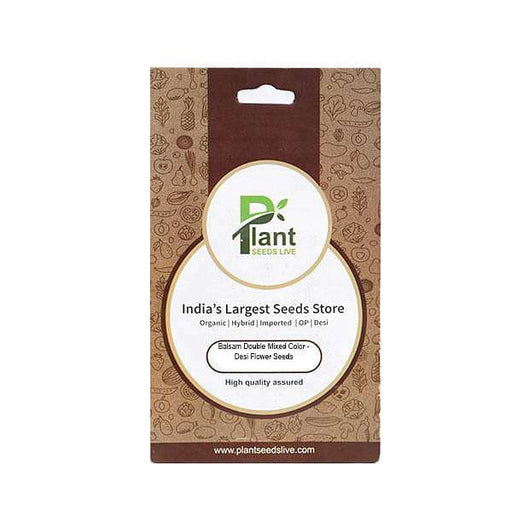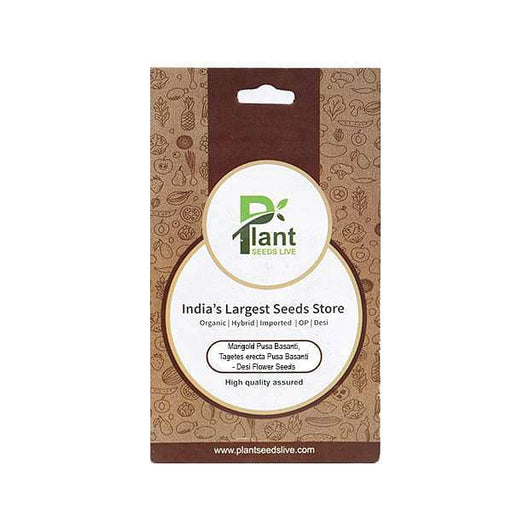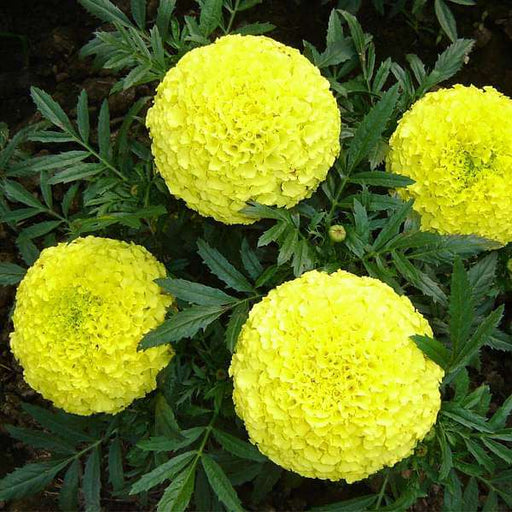Rainy season
Rainy season is the perfect time for sowing vegetable seeds. With ample water supply, the seeds can quickly germinate and grow into healthy plants.
Vegetable seeds
Vegetable seeds are the key to growing fresh produce. Choose high-quality seeds for optimal growth and yield.
Sowing tips
Proper sowing techniques are essential for successful vegetable gardening. Be sure to follow seed packet instructions for best results.
Soil preparation
Good soil is the foundation of a healthy garden. Before sowing vegetable seeds, prepare the soil by adding compost and other nutrients.
Seed selection
Choosing the right seeds is crucial to a successful harvest. Look for seeds that are suited for your climate and growing conditions.
Organic gardening
Organic gardening is a popular and sustainable way to grow vegetables. Use natural fertilizers and pesticides to keep your garden healthy and chemical-free.
Companion planting
Companion planting is the practice of planting certain vegetables together to improve growth and deter pests. For example, plant marigolds with your vegetable seeds to repel harmful insects.
Container gardening
If you don't have a lot of outdoor space, container gardening is a great option. Use pots and containers to grow your vegetables on a patio or balcony.
Raised beds
Raised beds are another option for small-space gardening. They provide excellent drainage and can be filled with nutrient-rich soil for optimal growth.
Watering tips
Watering your vegetable garden is essential, especially during the rainy season. Be sure to water at the base of the plants to avoid wetting the leaves.
Pest control
Pests can wreak havoc on your vegetable garden. Use natural pest control methods, such as companion planting and insecticidal soap, to keep your plants healthy.
Fertilization
Fertilizing your vegetable garden is essential for optimal growth and yield. Use natural fertilizers, such as compost and aged manure, for best results.
Mulching
Mulching helps retain moisture in the soil and suppress weeds. Use organic materials, such as straw or leaves, for best results.
Crop rotation
Crop rotation is the practice of planting different crops in different areas of your garden each year. This helps prevent soil-borne diseases and improves soil health.
Harvesting
Harvest your vegetables at the peak of ripeness for best flavor and nutrition. Be sure to check your plants regularly to avoid overripe or spoiled produce.
Seed saving
Seed saving is the practice of collecting and storing seeds from your vegetable plants for future use. This is a great way to save money and ensure a sustainable garden.
Companion flowers
Companion flowers, such as sunflowers and zinnias, can attract beneficial insects and improve the overall health of your vegetable garden.
Weeding
Weeding is essential for a healthy garden. Remove weeds regularly to prevent competition for nutrients and water.
Seed storage
Proper seed storage is important for maintaining seed viability. Store your vegetable seeds in a cool, dry place for best results.
Cold frames
Cold frames are an excellent way to extend the growing season for your vegetable garden. They provide a protected environment for seedlings and young plants.


